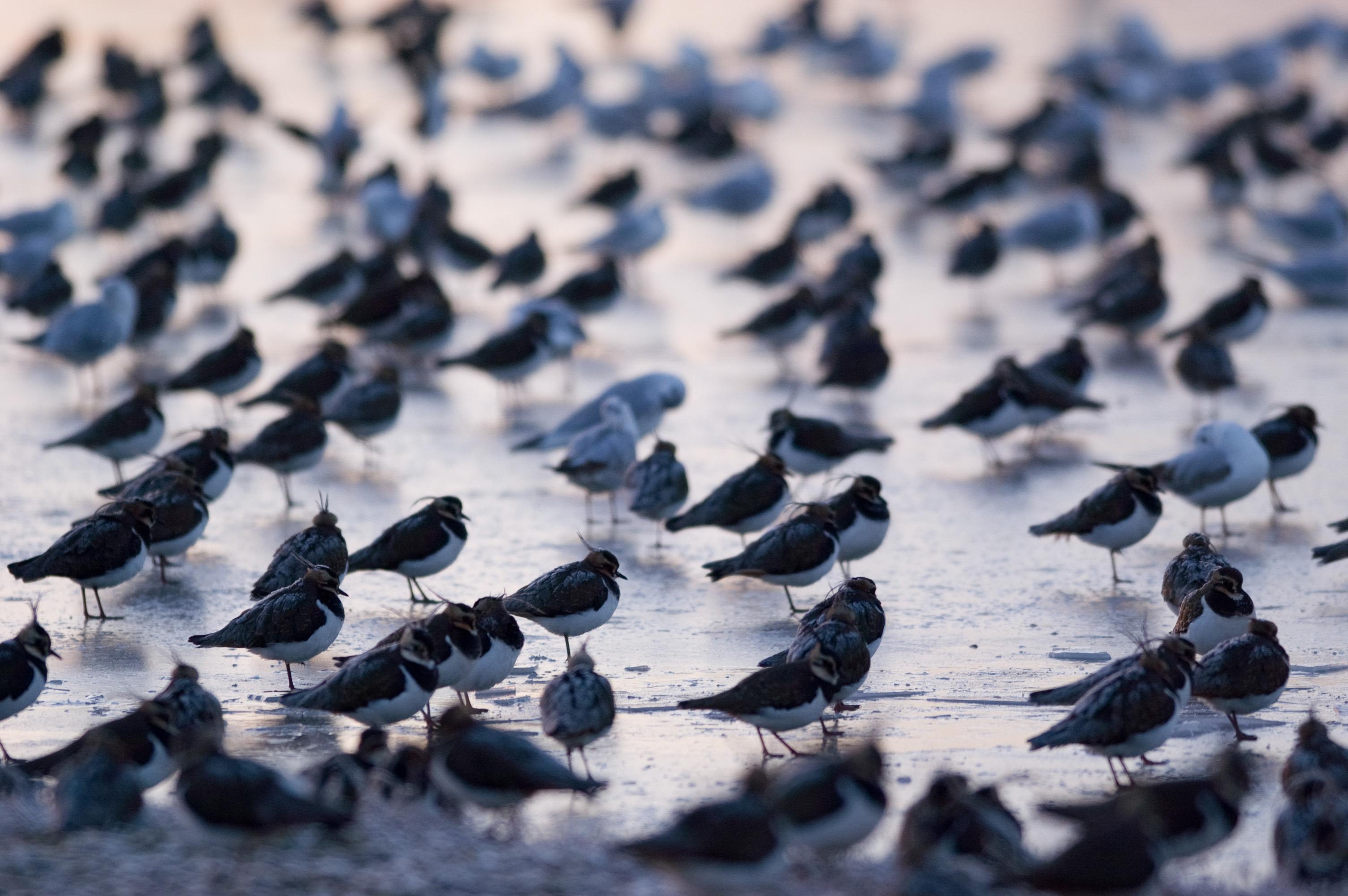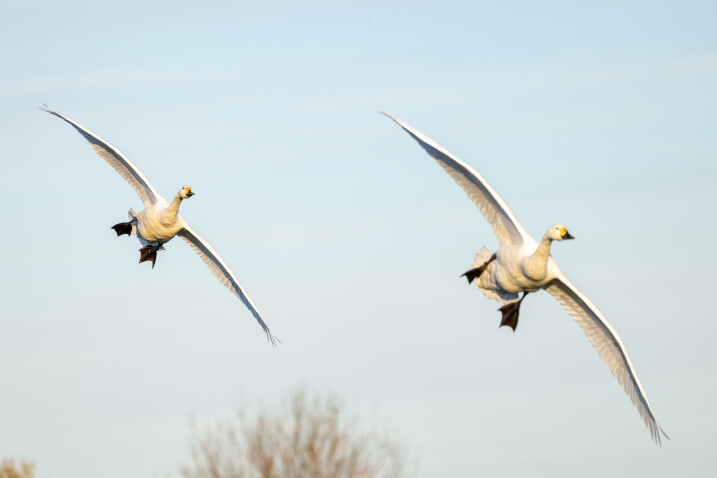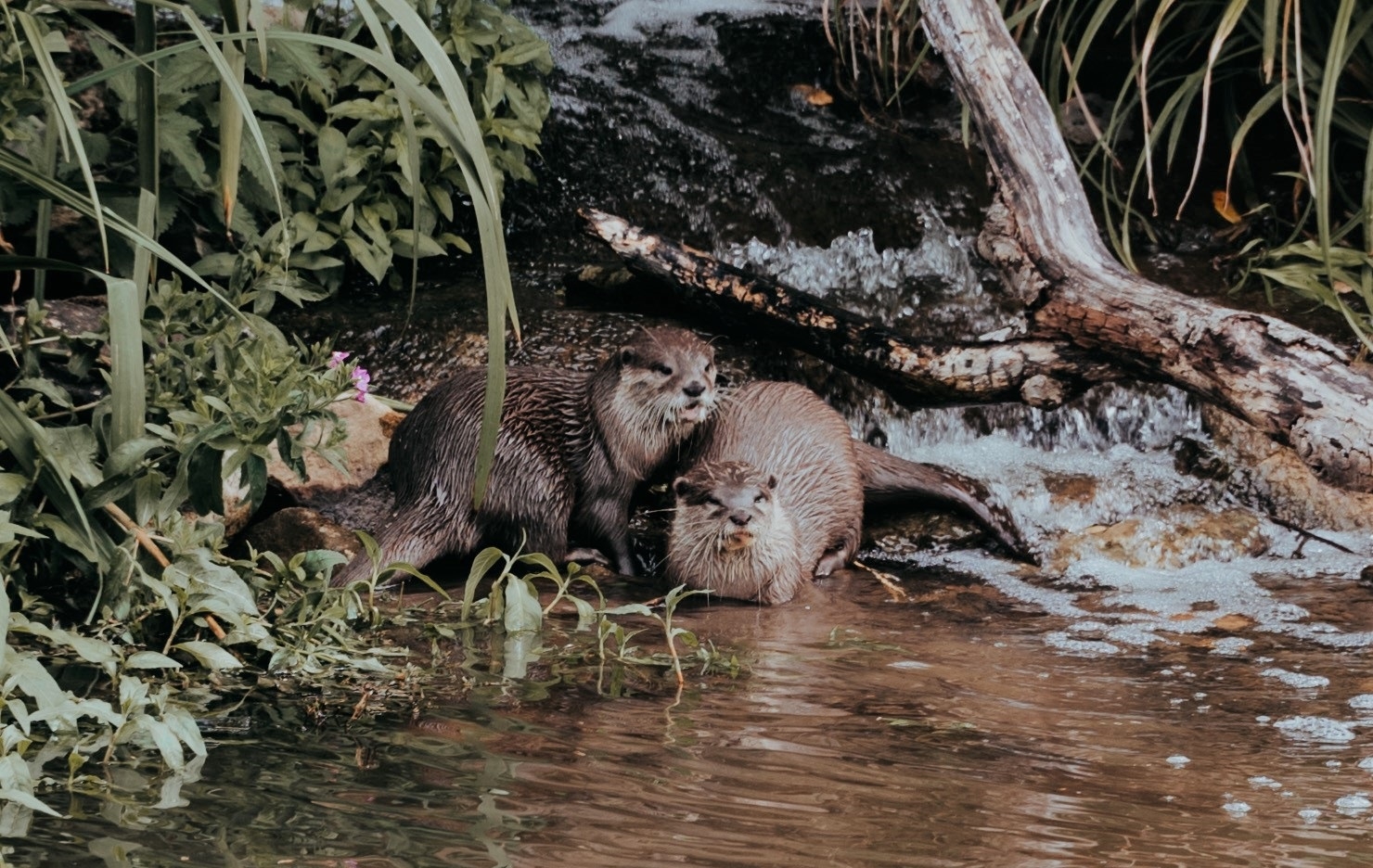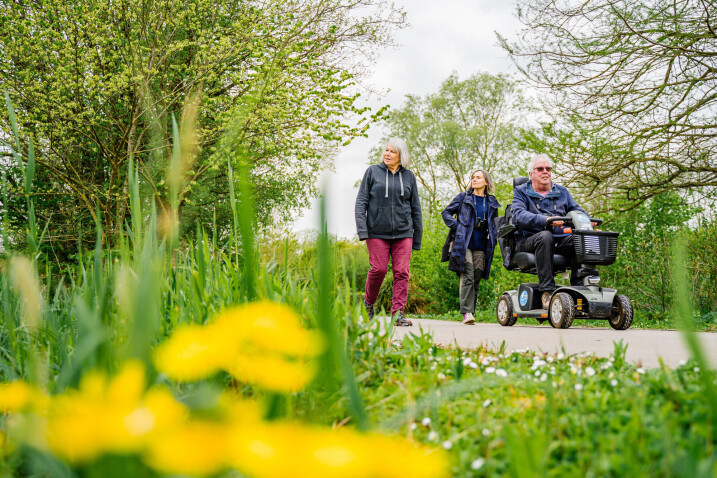Gloucestershire’s first avocet chicks take flight despite the weather
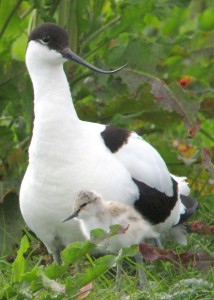
The first avocet chicks to have ever bred in Gloucestershire have successfully taken flight.
In many other parts of the country wading birds have lost their young as nests have flooded in the wet weather or chicks have perished after being over-exposed to the elements, but these three chicks which hatched on 16 May have avoided falling victim to the weather or predators.
Now they are expected to stay on the Reserve at WWT Slimbridge Wetland Centre which borders the River Severn until August when they will probably fly south to winter on the coast.
Wardens at Slimbridge offered extra protection to the nest by fitting an electric fence around it ahead of the chicks hatching.
Three out of the four eggs hatched and then the parents walked the eight hour old birds 700 metres to a better feeding spot.
Before they can fly the chicks are vulnerable and the parents have been spotted actively seeing off predators to protect their young.
James Lees, said: “We are particularly pleased that they have been successful seeing as avocets have failed to breed in other parts of England due to bad weather.
“Now they can fly and have adult feathers heavy rainfall shouldn’t affect them meaning they are a lot safer
“The parents were brilliant. They chose a great nesting spot on an island in a saltwater pool as it was near the nest of an oystercatcher which helped see off predators.
“They also made an incredibly long journey with their tiny chicks to seek out the best feeding area.
“Now they are viewable from the Zeiss hide of the Kingfisher hide. We expect they will leave in August time but hope we will have more back next year.”
Avocets have a distinctive upturned bill. Habitat destruction meant they became extinct at one point in the UK but a few returned to our shores following World War II.
